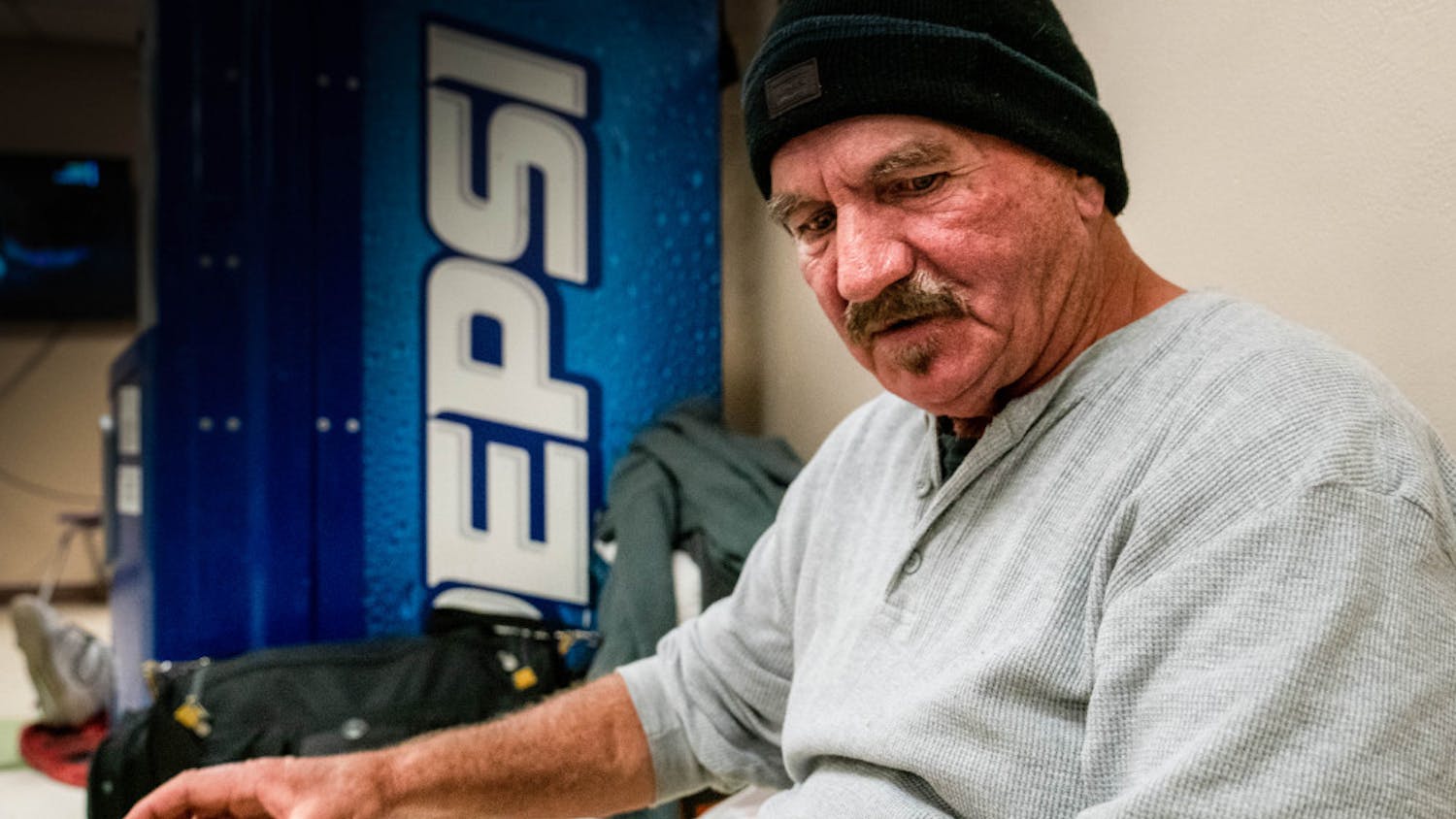The recent cold snap that froze much of North Florida and paralyzed our neighbors in Georgia and Alabama doesn’t disprove climate change. Period.
It’s beyond aggravating to read endless tweets and Facebook updates claiming that because the thermometer dipped to less-than-average temperatures or due to isolated winter weather, climate change is somehow over — or isn’t happening at all.
Newsflash: The weather you’re experiencing in one tiny portion of the world does not mean climate change isn’t happening.
Look at some developments in the U.S. California is experiencing historic drought, and officials are concerned they could be heading into a multiyear catastrophic drought. When you see long-term changes to your weather, that’s climate — not the short cold spell that required you to wear actual shoes last week.
We can deny our planet is changing, but what happens if we ignore possible devastating changes and it’s too late? What happens if the polar ice caps melt or if places like Australia and California become inhospitable due to exceptional drought, wildfires and skyrocketing temperatures?
We could find Earth a far more challenging place to live with less access to clean drinking water, less land to farm and ultimately a more dangerous place for life.
Sure, it all seems a bit irrational and hyperbolic, but blips in the weather for Floridians doesn’t mean we should write off changes that nearly all scientists agree are happening.
What’s even more frightening is that while scientists and most rational people agree on climate change, the number of people who don’t believe in it is rising.
If we had an alternative to Earth, we could ignore it and jet off into space to find a new home, much like the humans in the film “WALL-E,” but this isn’t a movie, and NASA doesn’t yet have a program that sends untrained humans into space. Like it or not, we’re stuck here, and it’s about time we start paying attention to the changes happening.
Climate change is not something one individual can tackle, but if we all do our part, we can make a difference. Turning off lights when you’re not in a room, riding a bike instead of driving a car, using reusable bags at the grocery store or cutting down on meat consumption are all relatively easy ways to cut down on your carbon footprint — and they don’t cost much, either.
Even UF is committed to going green through the work of the organization Sustainable UF. The university wants students, faculty and staff to understand the impact we have on our ecosystem and what we can do to improve that relationship. Ultimately, through education and technology, Sustainable UF wants the university to be a zero-waste campus.
It’s an incredible goal, and if UF succeeds, it proves individual actions working collectively lead to real change for our community.
The actions of one won’t necessarily make a dent in the impact of climate change, but when organizations can rally entire college campuses, we can, in fact, make a difference.
If we consider UF a microcosm of our world as a whole, what’s stopping individuals from taking action that leads to widespread positive change for our planet?
Climate change is perhaps the greatest challenge our generation will face, but it’s not too late to make a difference.
After you finish reading this, don’t forget to shut off the light when you leave the room.
[Joel Mendelson is a UF graduate student in political campaigning. His columns appear on Mondays. A version of this column ran on page 7 on 2/3/2014 under the headline "Cold snap doesn’t disprove climate change, so start helping out"]





